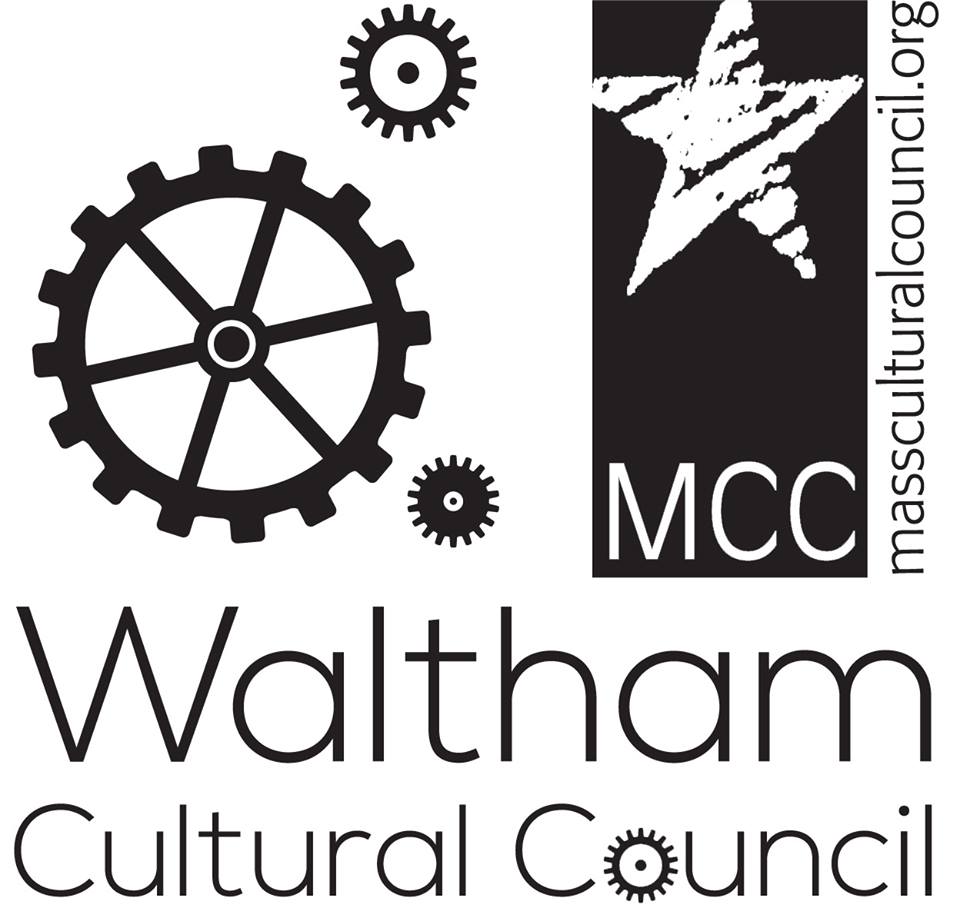Treat Your Mom to the Symphony - French Music on Mother's Day
/Treat Your Mom to the Symphony - French Music on Mother's Day
This is going to be an exciting concert. For the longest time I had wanted to present a concert of French music in which we would perform composers for the 18th and 19th centuries, especially composers of the revolutionary and Napoleonic eras. Interestingly, some of the well-known 19th century composers we will perform such as Fauré and Gounod were contemporary of trouble times. For example. Charles Gounod (1818-1893) was born at the end of the Napoleonic era, during the Restauration and was witness to three revolutions in France, 1830, 1848 and the Paris' Commune arising of 1871. It is interesting to see how their music reflects those difficult times.What was the influence of those composers on their time as well.
Some composers such as Boieldieu, Grétry and Méhul were active during the French revolution. We often tend to believe that the French Revolution was a period of total chaos, were the arts, letters, music, theatre were totally non-existing. it is easy to believe that such asrevolution would totally stiffle creativity. It was in fact not the case. The revolutionary elite was very well educated , and artistically very astute. It is true that the style of composition changed somehow during the most difficult years, especially during the Terror. To keep in with the notion of freedom, liberty, equality, and fraternity, the music had to reflect those high ideals. We will find compositions, hymns to the glory of the revolution, to the glory of the human spirit and freedom. Often those compositions were grandiose in nature,, calling for large orchestral forces, and choirs. Some of them were staged.
Most of those compositions served their revolutionary purposes, and quickly were forgotten. However, during that period, the opera scene was very active. IN fact many of the works performed by the Waltham Symphony for this Mother's Day Concert, are from operatic works. We have selected mostly overtures from those.
It would be too long to go into a dissertation on all of those. It is not difficult music to perform and to listen to. It is very French in its writing, in its understated mood. The instrumentation is typical for that period, with woodwinds by two, and a regular four horns, two trumpets and three trombones. The string section required is not very large. We have to remember that many of those operas were written for pit orchestras in theatres where space was at a premium. To this day in fact, the size of the pit orchestra is reduced compared to that of a full stage symphony orchestra.
Interesting music, too rarely performed.
Patrick Botti










